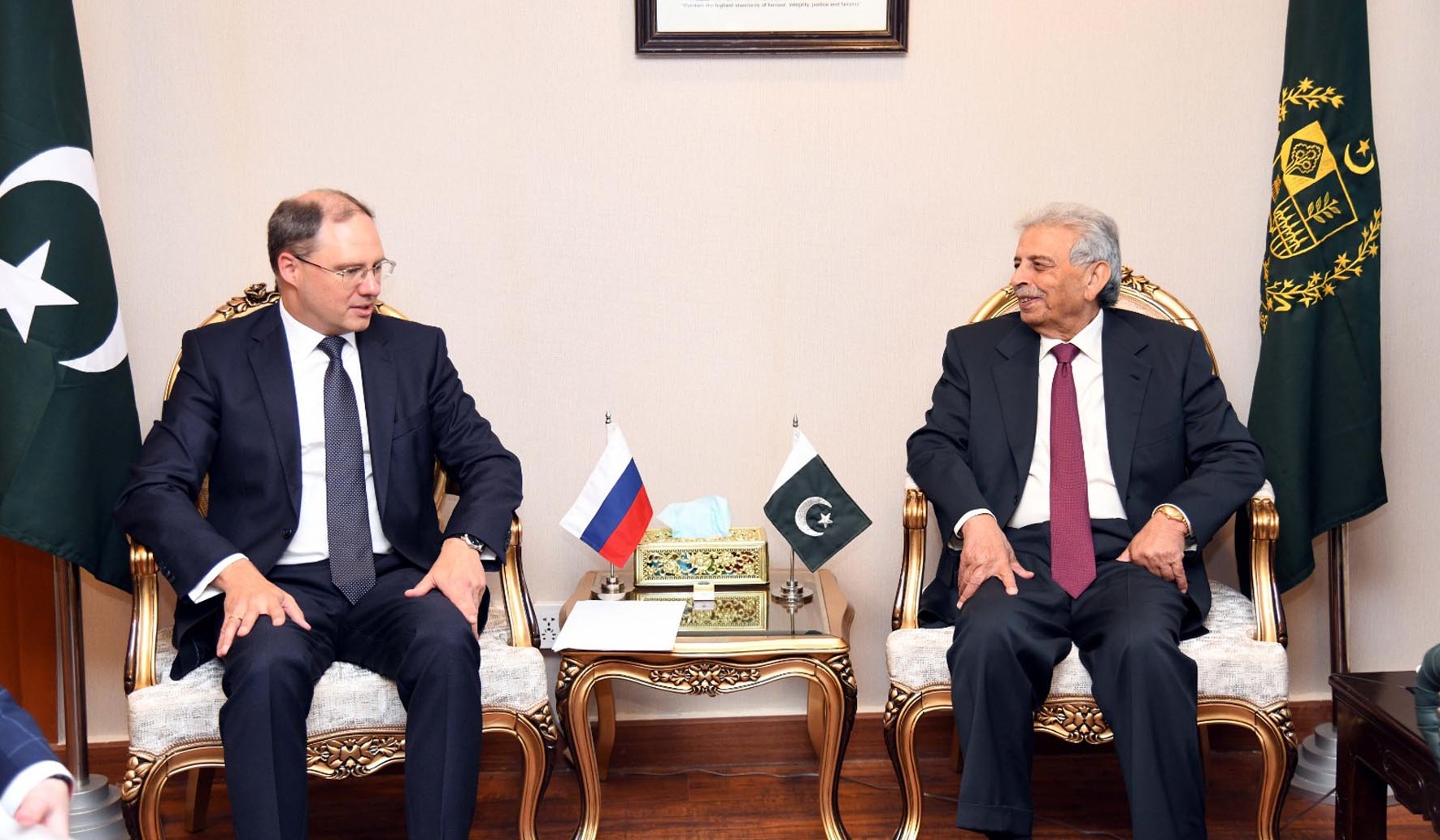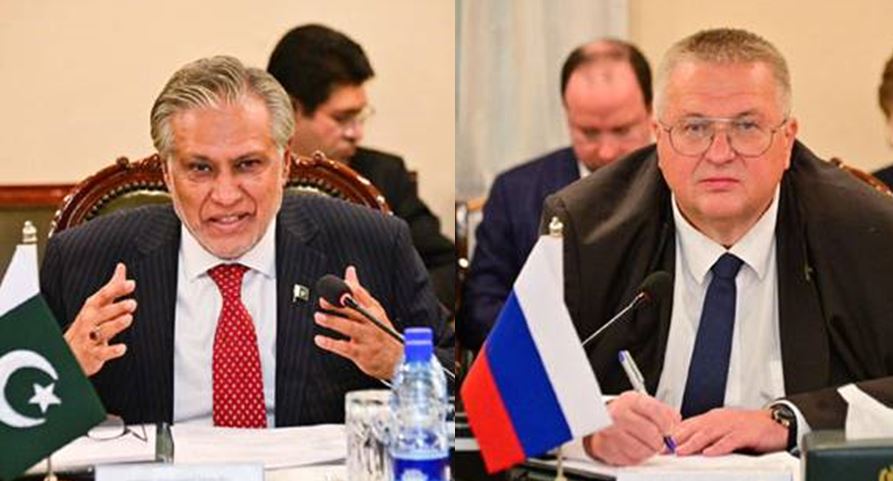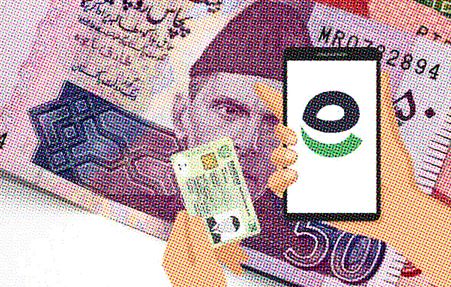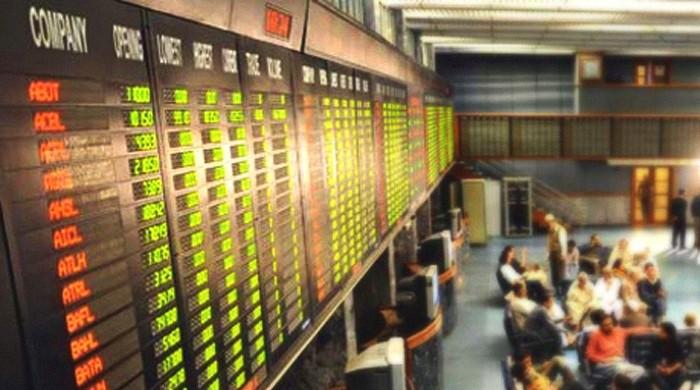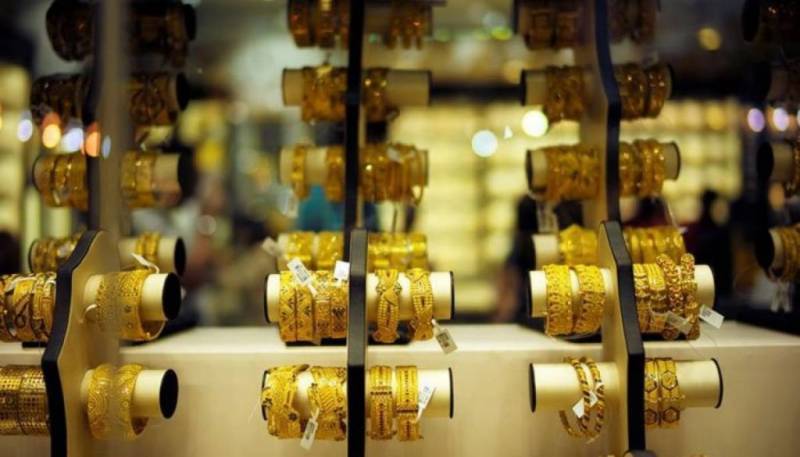KARACHI:
Pakistan’s foreign exchange reserves, held by the central bank, hit a 22-month high at $9.12 billion, surpassing the International Monetary Fund (IMF)’s projection for the end of June 2024.
The surge in reserves, however, failed to prop up the Pakistani rupee as the currency nominally weakened Rs0.10 and closed at Rs278.20/$ in the inter-bank market on Thursday. The reserves data was released after the currency market closed for the day.
According to the State Bank of Pakistan (SBP)’s latest weekly update, the foreign currency reserves got a boost of almost 14%, or $1.11 billion, in the week ended May 3, 2024, following the release of the IMF’s last loan tranche. The reserves jumped up close to the July 15, 2022 level of $9.33 billion.
The IMF had projected in March 2024 that Pakistan’s foreign exchange reserves would increase to $9.1 billion by the end of current fiscal year on June 30, 2024.
The central bank said on Thursday that during the week ended May 3, 2024, the SBP’s reserves rose $1,114 million to $9,120.3 million, mainly due to the receipt of $1.1 billion from the IMF as a final tranche under the standby arrangement (SBA).
With the rise in reserves, the country’s import cover has widened to 1.72 month, according to AHL Research.
Pakistan has received a total of $3 billion under the nine-month SBA, which ended in April 2024. It has formally applied to the IMF for a new, three-year loan programme of $6-8 billion.
High officials including Finance Minister Muhammad Aurangzeb and SBP Governor Jameel Ahmad have projected that the reserves would reach near $10 billion by the end of June. The reserves held by commercial banks increased $28.6 million in the week under review, standing at $5.34 billion. Total reserves rose $1.14 billion to a 19-month high at $14.46 billion, according to the central bank.
Pakistan has managed to reach the reserves level set by the IMF weeks ahead on the back of robust inflows of workers’ remittances and an uptick in export earnings.
Remittances hit almost two-year high near $3 billion in March 2024 as non-resident Pakistanis sent more money to their family members back home to help them cope with high inflation during Ramazan and Eid festival, which fell in March-April 2024.
Reports suggest the central bank has bought $5 billion from the domestic market so far in the current fiscal year. Higher supply of the greenback compared to its thin demand provided an opportunity to the bank to absorb the surplus and boost the country’s reserves.
Rupee drops
Market talk indicates that exporters slowed down dollar sales on forward currency counters during the day, leading to a slightly higher greenback demand compared to its supply.
Dealers, however, did not give high importance to the nominal depreciation of Rs0.10. They anticipated that the currency would continue to trade in a narrow band with hopes it would remain stable near current levels till the end of June 2024. The currency has cumulatively appreciated 10.39%, or Rs28.90, in the past eight months since reaching the record low close of Rs307.10/$ in the first week of September 2023.
Published in The Express Tribune, May 10th, 2024.
Like Business on Facebook, follow @TribuneBiz on Twitter to stay informed and join in the conversation.
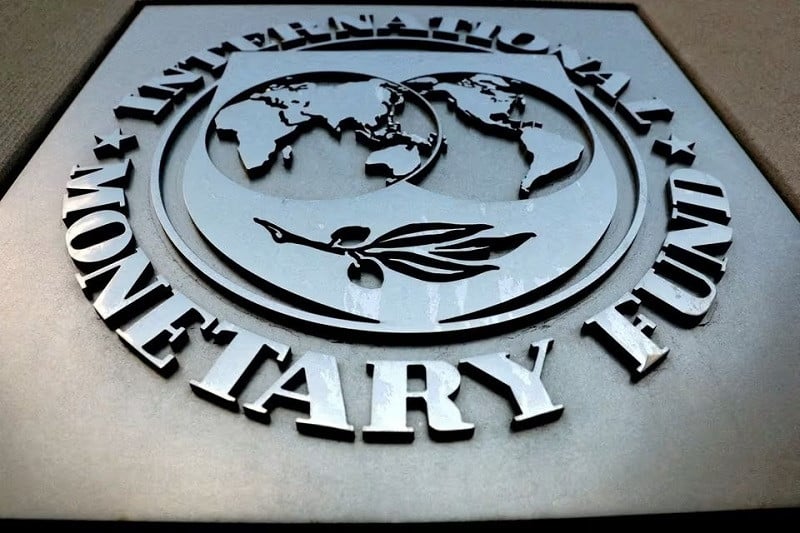

 Technology6 مہینے ago
Technology6 مہینے ago
 Pakistan7 مہینے ago
Pakistan7 مہینے ago
 Sports6 مہینے ago
Sports6 مہینے ago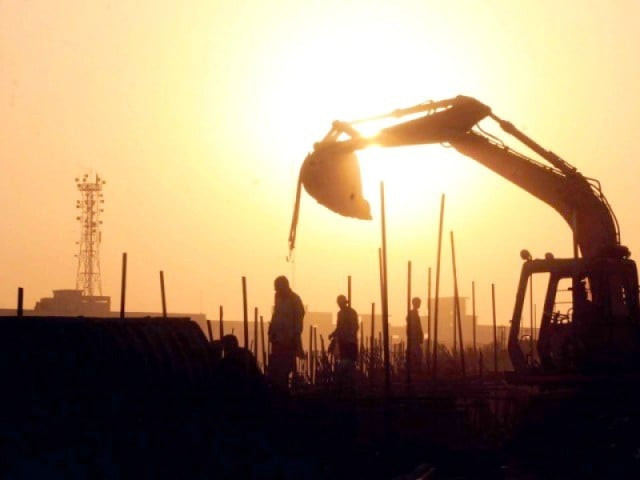
 Pakistan6 مہینے ago
Pakistan6 مہینے ago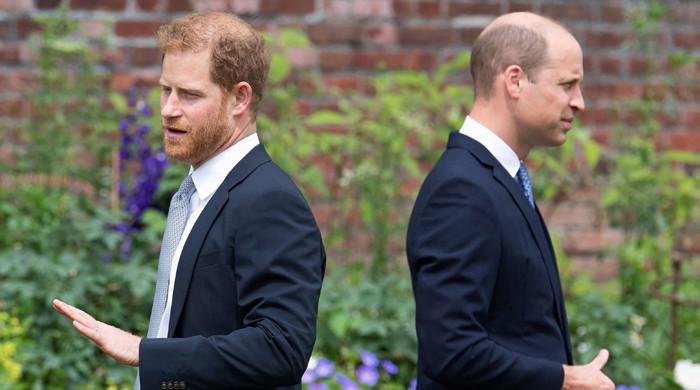
 Entertainment6 مہینے ago
Entertainment6 مہینے ago
 Pakistan6 مہینے ago
Pakistan6 مہینے ago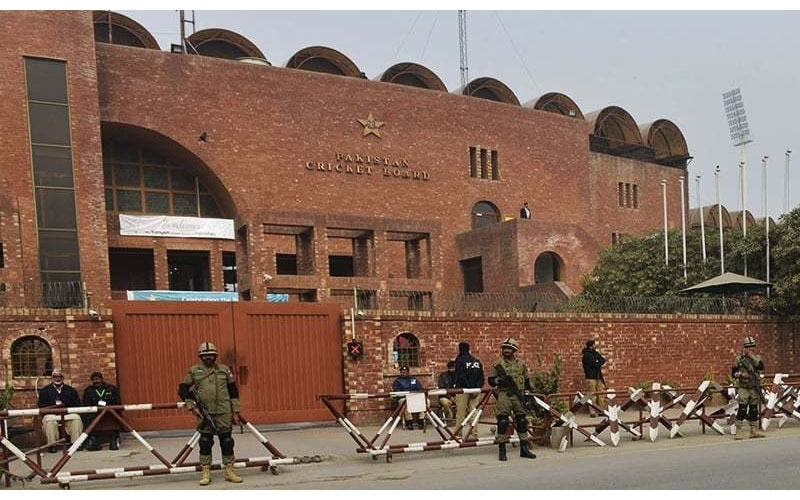
 Sports5 مہینے ago
Sports5 مہینے ago
 Entertainment6 مہینے ago
Entertainment6 مہینے ago
